Most recent Android owners who switch to the iPhone ecosystem tend to opt for the iPhone 8 and iPhone 8 Plus, according to a new report sent to MacRumors today by Consumer Intelligence Research Partners. The data was gathered during the fiscal quarter that ended March 31, 2018 and is based on a survey of 2,000 U.S. Apple customers who purchased an iPhone during that time.
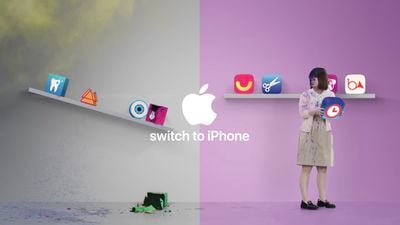
In a given quarter, CIRP estimates that between 15 and 20 percent of iPhone buyers are switching over from the Android operating system. In terms of popularity, these switchers are opting for the iPhone 8 and 8 Plus (40 percent of those moving from Android to iOS), and to a lesser extent the iPhone 7/7 Plus (about 25 percent) and 6s/6s Plus (about 12 percent).
Android users switching to iOS also tend to buy a "Plus" model iPhone more than iPhone owners looking for a new device. In total, 39 percent of Android switchers purchased a Plus model, compared to 29 percent of iPhone users buying another iPhone. "With Android manufacturers offering larger form factors for a longer time, it appears that Android owners appreciate iPhones with larger screens, as well," explained CIRP Partner and Co-Founder Mike Levin.
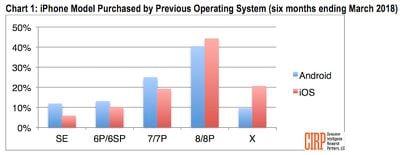
For older models, more former Android owners are buying the 7, 6s, and iPhone SE models than those users buying an iPhone who already previously owned an iPhone. This makes sense, as current iPhone owners are likely moving on to the latest models, while Android switchers are more content with entering Apple's ecosystem with a slightly older model.
“In marketing iPhones, Apple attempts to persuade current users of Google’s Android operating system to switch to its iOS operating system,” said Josh Lowitz, CIRP Partner and Co-Founder.
“Apple has had varying success, with seasonal variation in the percentage of buyers that are making the switch. We analyzed how Android owners that switch to Apple iPhones differ from repeat iPhone buyers. The former Android users gravitate to the lowest-priced iPhone models, which makes sense to us, with Android phones offering a wide range of models, many at relatively low-price points. And since everything on an iPhone is new to them, there is less value in purchasing the latest flagship model with the most advanced features.”
For the iPhone SE, Android switchers purchased the low-cost smartphone at twice the rate as iPhone owners during the six months ending in March 2018, proving the ongoing entry-level popularity of the small device. On the opposite end of the spectrum, Android switchers purchased the iPhone X (currently the most expensive iPhone) at half the rate as iPhone owners.
While today's report focuses on switching operating systems, CIRP's last survey looked at users who stick with an OS and discovered that Android had a 91 percent loyalty rate in 2017, compared to 86 percent for iOS. This meant that for those users surveyed, Android customers were more loyal to the Android operating system than iOS users were to the iOS operating system.
In April, Apple encouraged Android owners to switch to iPhone with a set of new ads in its "Life's easier on iPhone" series. The videos focused on iPhone features like the App Store, Portrait Mode, and Portrait Lighting, and the company linked back to its "Switch" website that's designed for customers who use an Android device or other smartphone and are thinking of switching to an iPhone.



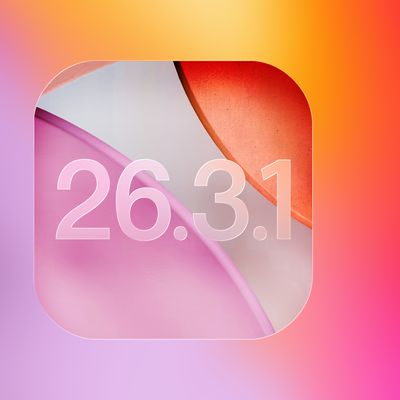

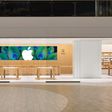










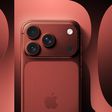


Top Rated Comments
At home we only have iPhones, iPads and even two Macs but we are far from being rich. There is only one Android device in our household, a Kindle tablet but we have what we have because we think it fits what we need, not because it makes us look like Bill Gates.
He was a hardcore Android kid. He had that 1+ phone or whatever it's called and he would freaking overclock the thing which is crazy for me to think about on a phone. I used to do that back in the day on gaming PCs. He was always tinkering. He had some cheap laptop running Linux and was always hacking around on things. He was still in high school at the time but was the son of a coworker and was a legit developer, probably better than me but with less design skill. Anyway, so he goes to college and uses his graduation money to get a Mac. He loves the thing. Another year or so goes by. He's still in college but has this job with a high level of security clearance—I think he's like writing optimized code for 5G internet towers or something weird. Anyway, he got an iPhone X. I was talking to him about it, and basically he was like "You get to a certain point where you're just tired of messing around with stuff and need to get work done."
I think it also helps to be able to afford it, lol. He's the last person I ever would have expected to get an iPhone, or even a Mac, so if it can happen to him it can happen to anyone. People grow up and just want a device that works consistently and smoothly. Android is often cheap and works well enough to get you through college. But then people grow up once they get a career and don't want to fuss with their devices as much. Obviously this is still a preference and not everyone does this, but it is extremely rare that I ever hear about someone who went from iPhone to Android and actually stuck with it. Though I know some people who own both and bounce between devices.
Man that must be a tough pill to swallow given that they INVENTED the modern smartphone OS.
Too bad they're so obstinate about bending the world to their whims rather than serving customers.
Back when they had a visionary at the helm they could force nonbelievers to adopt their strange new paradigms that were actually better.
Now they just use it as an excuse to refuse to do R&D or update products.
Why serve your customers when you have a marketing department that can paper over your lack of competitiveness?
They claim the price is not justifiable.